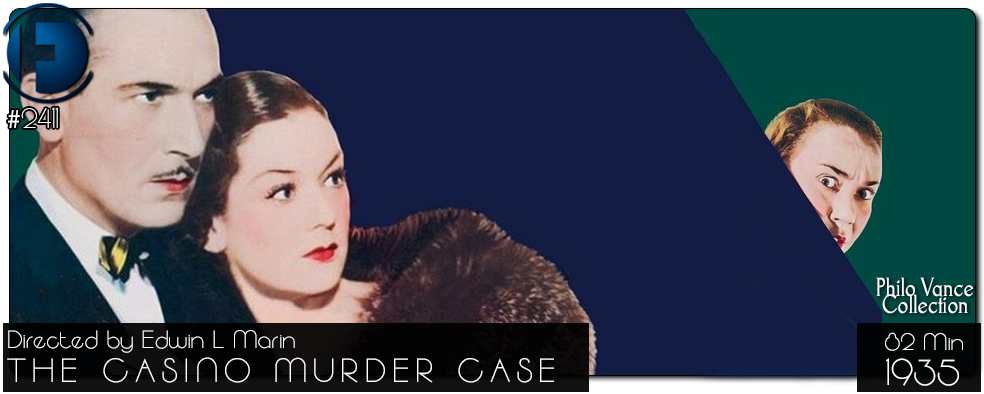Movie Review – Casino Murder Case, The
Principal Cast : Paul Lukas, Alison Skipworth, Donald Cook, Rosalind Russell, Arthur Byron, Ted Healy, Eric Blore, Isabel Jewell, Louise Fazenda, Purnell Pratt, Leslie Fenton, Louise Henry, Leo G Carroll, Charles Sellon, William Demarest.
Synopsis: After socialite Lynn Llewellyn receives an anonymous threat, he is poisoned at his uncle’s casino, and although he recovers, his wife is murdered by the same killer.
********
The Casino Murder Case (1935) is a curious beast—a whodunit so convoluted in its machinations that it risks alienating even ardent fans of the genre. Adapted from S.S. Van Dine’s 1934 novel by screenwriters Florence Ryerson and Edgar Allan Woolf, and directed with breakneck urgency by Edwin L. Marin (A Study in Scarlet), the film swaps William Powell’s iconic Philo Vance for Paul Lukas, whose lone outing as the sleuth proves a mixed blessing. Intended initially as a Powell-Myrna Loy vehicle (pre-Thin Man), the casting shake-up lands Lukas alongside a spirited Rosalind Russell, their chemistry flickering but never quite catching fire.
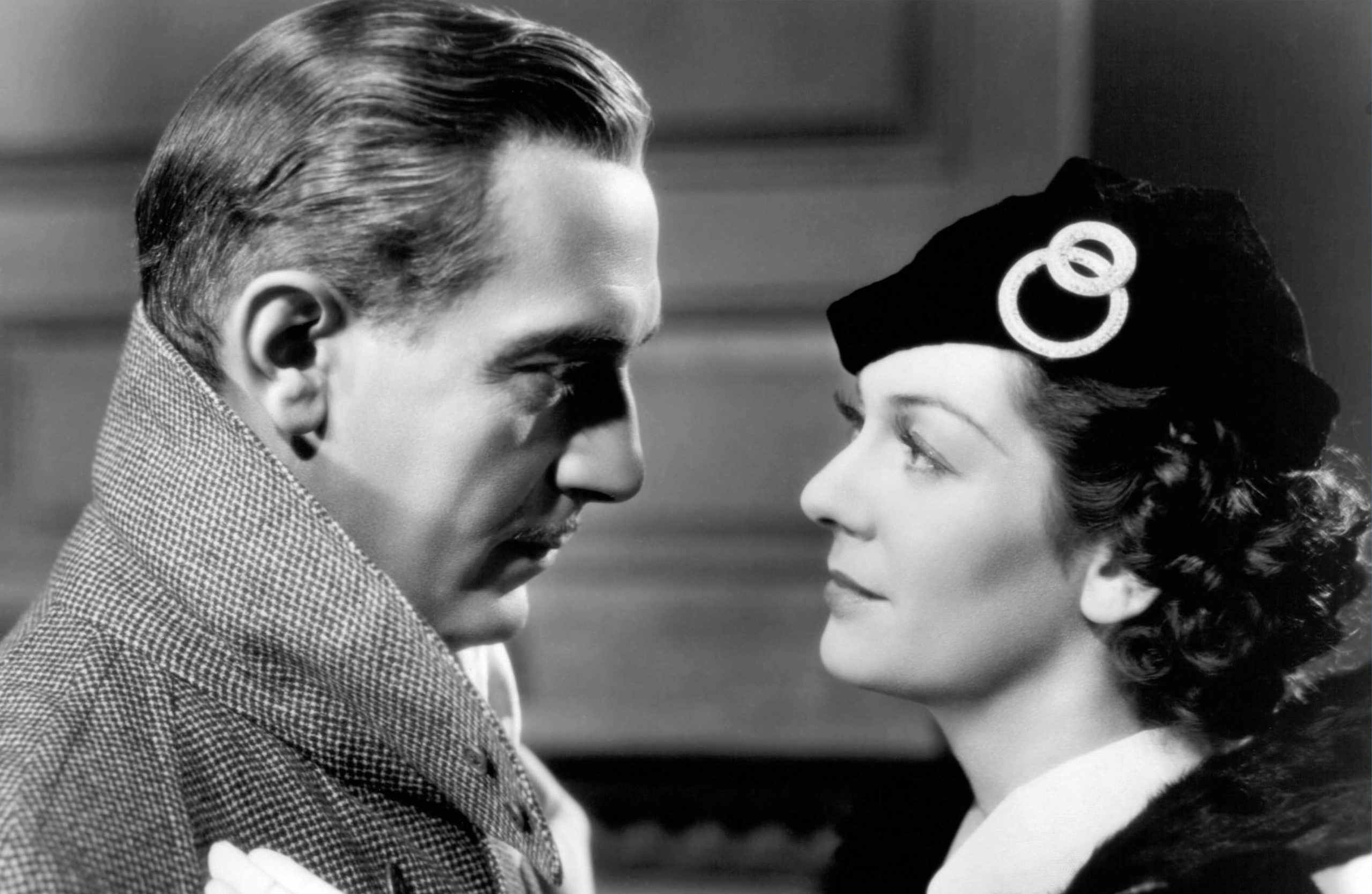
The plot? A poison-laced labyrinth. Wealthy socialites gather at a storm-lashed casino estate, only to succumb to a series of increasingly baroque murders. Vance, the erudite amateur detective, must untangle a web of red herrings involving secret passages, coded letters, and a killer whose Rube Goldberg-esque methods defy logic (why concoct an elaborate poison scheme when a bullet would suffice?). Marin’s direction hurtles forward with almost reckless momentum, buoyed by Rose Loewinger’s crisp editing and the cast’s rapid-fire delivery. Outdoor storm sequences—a rarity in the series—inject a dash of realism, yet the film’s frenetic pace often papers over gaping plot holes, leaving viewers breathless but bemused.
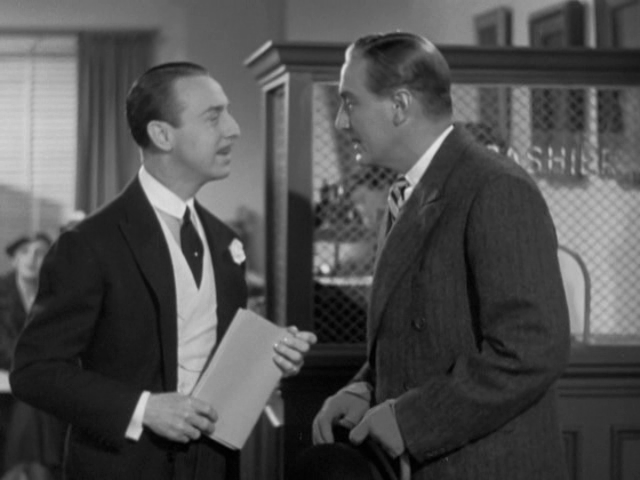
Lukas, while a capable actor, feels miscast as Vance. His Hungarian accent jars against the character’s New York pedigree, and though he nails Vance’s smug intellect (that pencil moustache!), he lacks Powell’s twinkling charisma. A fleeting cameo from Powell himself—a cheeky “passing the torch” moment at an auction—only underscores the disparity. That said, Lukas shares a genial, if manufactured, rapport with Russell, whose sharp wit and fizzy charm elevate their romantic subplot from perfunctory to pleasantly diverting.
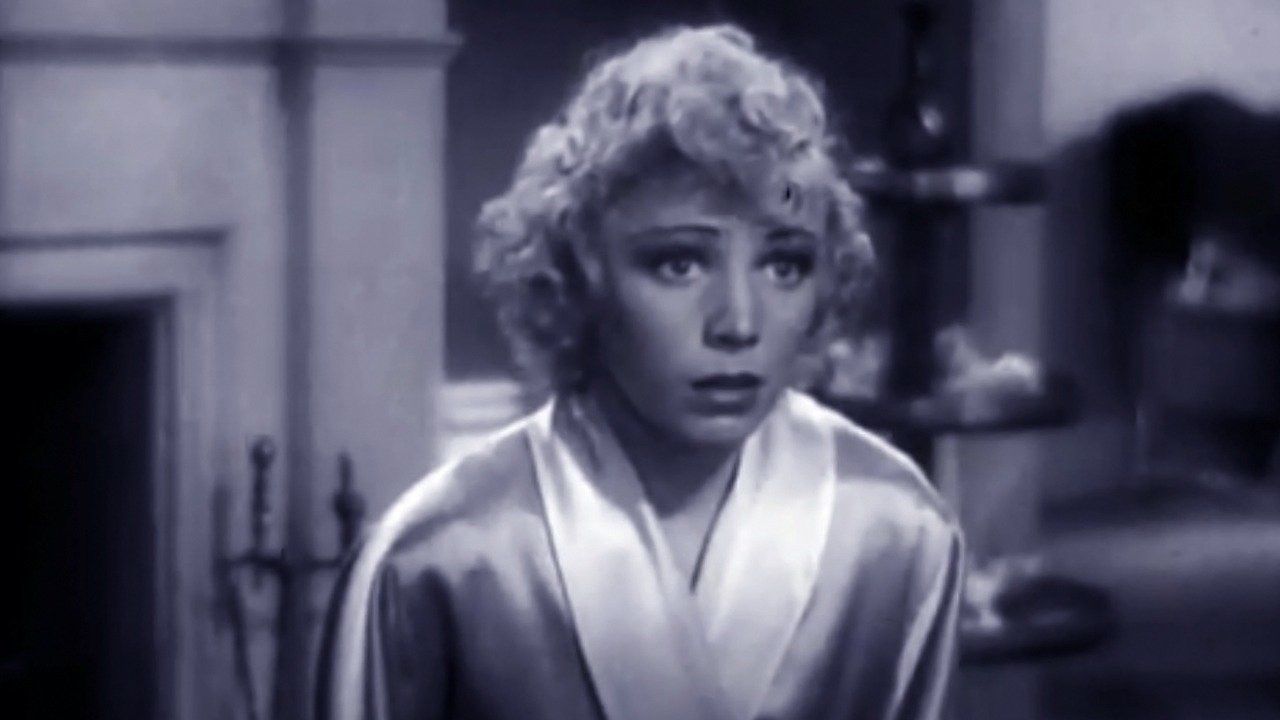
The supporting cast shines brighter. Ted Healy’s Sergeant Heath swaps Eugene Pallette’s bluster for wry understatement, while Louise Fazenda steals scenes as a nosy maid, her eavesdropping antics bordering on farce. Alison Skipworth and Donald Cook ham it up delightfully as eccentric suspects, though Cook’s campy histrionics tip into self-parody. Charles Sellon, as the perpetually harassed coroner Dr. Doremus, delivers acerbic wit with deadpan flair—a welcome foil to Robert McWade’s exasperated District Attorney.
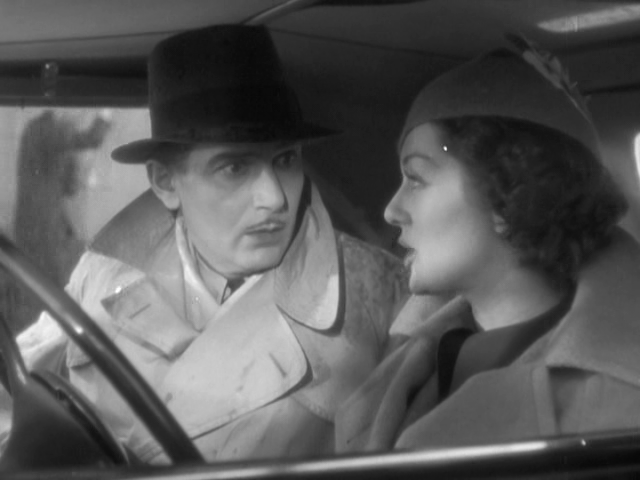
The film’s fatal flaw lies in its tonal whiplash. Marin juggles screwball romance and grim murder with uneven results; one moment, Vance and Russell trade flirtatious barbs, the next, a corpse tumbles from a secret panel. The script’s reliance on 1930s scientific jargon (“radioactive isotopes!”) and contrived coincidences stretches plausibility to snapping point—a killer’s plan this elaborate would require divine intervention, not mere cunning.
Yet, for all its flaws, The Casino Murder Case retains a giddy, old-Hollywood charm. Marin’s brisk pacing and Loewinger’s snappy cuts gloss over the narrative excesses, while Lukas and Russell’s camaraderie—though no Powell-Loy—hints at what might have been. It’s a flawed but fascinating relic, a testament to the era’s appetite for ornate mysteries, even when logic takes a backseat to spectacle.
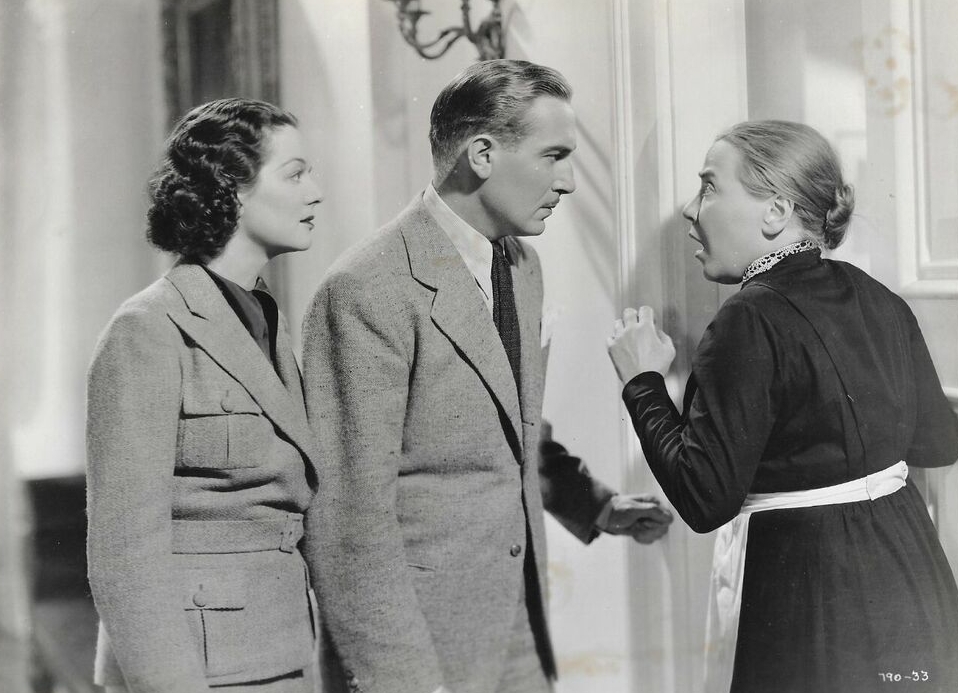
Not quite a classic, then, but far from a misfire: a diverting, if overstuffed, entry in the Philo Vance canon. Just don’t ask whodunit—or why.

